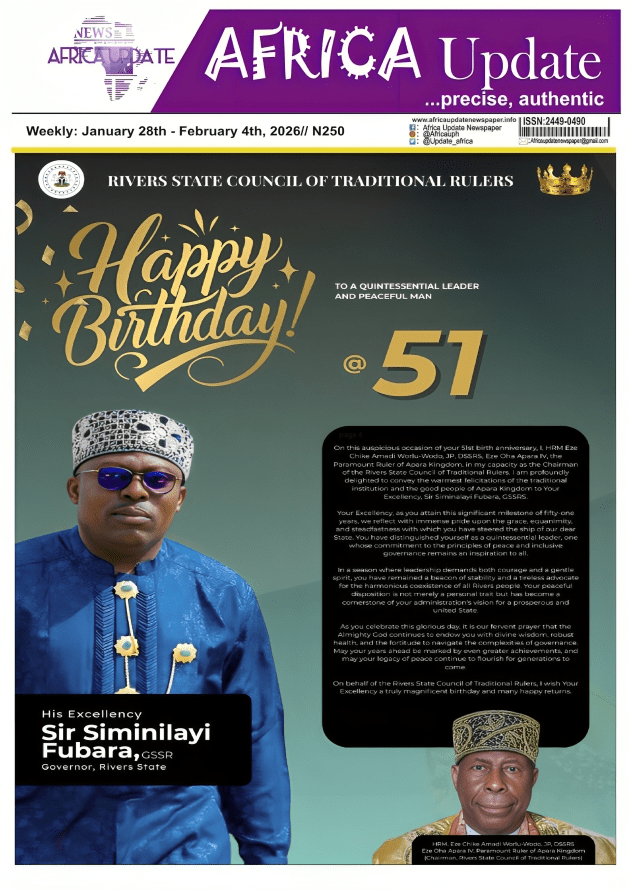
Kenyan authorities have charged two Belgian teenagers with wildlife piracy after discovering approximately 5,000 ants, meticulously packed in test tubes, at their guest house. Lornoy David and Seppe Lodewijckx, both 19, were apprehended on April 5th.
During their court appearance in Nairobi, the visibly distressed pair, who were comforted by relatives, told the magistrate they were collecting the ants for personal enjoyment and were unaware of the illegality of their actions.
In a separate but related case heard in the same Nairobi courtroom, Kenyan national Dennis Ng’ang’a and Vietnamese national Duh Hung Nguyen were also charged with illegal trafficking after being found in possession of 400 ants.
The Kenya Wildlife Service (KWS) stated that the four individuals were implicated in trafficking ants to markets in Europe and Asia. The species involved included messor cephalotes, a distinctive, large, and red harvester ant native to East Africa.
The KWS emphasized that the illegal export of these ants “not only undermines Kenya’s sovereign rights over its biodiversity but also deprives local communities and research institutions of potential ecological and economic benefits.”
While Kenya has historically focused on combating the trafficking of larger iconic species like elephants, rhinos, and pangolins, the KWS highlighted that these recent cases represent “a shift in trafficking trends — from iconic large mammals to lesser-known yet ecologically critical species.”
The Belgian teenagers were arrested in Nakuru county, an area with numerous national parks. The 5,000 ants were discovered in 2,244 test tubes, carefully prepared with cotton wool to ensure the insects’ survival during what could be months-long transit. The other two men were arrested in Nairobi with 400 ants found in their apartments.
Kenyan authorities estimated the value of the confiscated ants at 1 million shillings ($7,700), noting that the price of ants can vary significantly based on species and market demand.
Philip Muruthi, Vice President for Conservation at the Africa Wildlife Foundation in Nairobi, explained the crucial ecological role of ants, including soil enrichment, aiding germination, and serving as a food source for various species, such as birds. He cautioned about the risks associated with trafficking such species, including the potential export of diseases to the agricultural industries of destination countries.
Muruthi stressed the need for regulation, even if trade were to occur, stating, “Even if there is trade, it should be regulated and nobody should be taking our resources just like that.”







